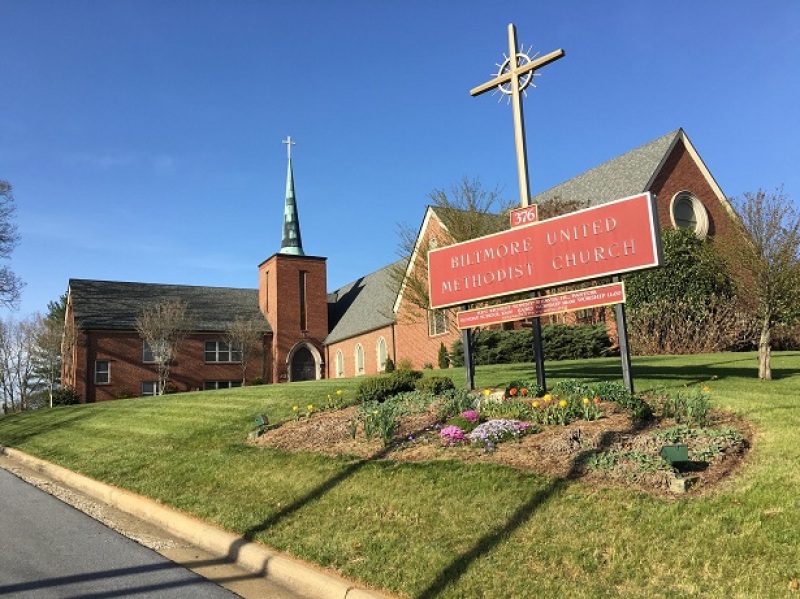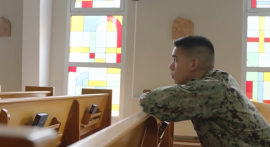
A church in North Carolina reportedly decided to sell its 1.9 acre property in the hope of addressing the needs of the homeless and its community.
The Christian Post revealed that the Biltmore United Methodist Church has, after more than two years of discussions, finally decided to sell its property to come up with resources that will aid the needs of its community in Asheville.
The 2021 Point-In-Time Count Report of the City of Asheville that showed there are a total of 527 homeless people in the city due to its high cost of living. The city actually has the highest cost of living in the entire Tarheel State.
According to the city's report, there was little change in the data of homelessness compared to the past years. The only significant change in the data, the city said, was "in the pattern of homelessness" wherein people in transitional housing and shelters showed a "dramatic decrease" while the number of unsheltered people increased.
The city credited the pandemic as the reason for the change, pointing out the protocols for social distancing and the requirement of having a negative COVID-19 test prior to entry in the shelters as a factor.
The Transylvania Times, on the other hand, detailed in its report that the proceeds from the sale of Bilmore's property will fund its social services endowment, particularly for children's needs, food access, health care, homelessness, along with local nonprofits partnerships it has in Asheville.
Biltmore UMC Church Council Chair Mike Moyer pointed out in an interview with the news outlet that the sale of the property is in response to the needs of the times and after considerable study on the church's financial condition.
"The church is the people--not the building. We are a smaller community now, and we want to be free to be the hands and feet of Christ," Moyer said.
Moyer also disclosed that the Wesley Community Development Corporation is aiding them in the sale of the property. The church also encountered some "geographic challenges" when the Interstate 40 opened next to its campus in Hendersonville Road.
The developments in the area that came with the opening of the interstate such as the construction of medical offices and commercial building along with the population growth shift separated the church from central Asheville and made it difficult to "attract congregants." This is not to mention the challenges the pandemic brought to the church that led to stopping "in-person worship and community support groups."
Overall, the Transyvania Times said the difficulty of maintaining the property in the face of the said hurdles have brought the church's leadership team to finally decide to sell the property. Their Seeds of Change workshop series also gave them the inspiration to make that big change to become more effective in their ministry.
Biltmore UMC said, in a statement, that they are looking forward in prospering their partnership with local organizations through the sale of the property. The church said the "endowment could provide seed money" for their partners intending to "launch new initiatives." The statement also revealed that the church's leaders envision an "ongoing ministry of presence" for whatever projects they intend to pursue in the future.
"There's no shortage of things we could plug into. And we don't want to just give out money. We want to be invested. If it means turning dirt, painting a wall...we'll still be Christ's disciples," Moyer said.
The church's Pastor Lucy Robbins was quoted telling the congregation that the sale would help them address the injustices in society since they would have more funds for it afterwards.
"My hope and prayer is that we, as the Church, can rally around the injustice in our midst such that our world can be changed. And that begins locally," Robbins shared.
As per The Christian Post, Biltmore currently provides its church services online through its Facebook page while the sale of the property is being finalized. The media outlet cited that many congregants has expressed appreciation for the church in its Facebook page and called it a place with "the most wonderful, warm group of people you can imagine."
Biltmore UMC, which is actively involved in the needs of its community as witness to the Gospel, is also engaged in "addressing racial justice" via efforts with local faith communities.























